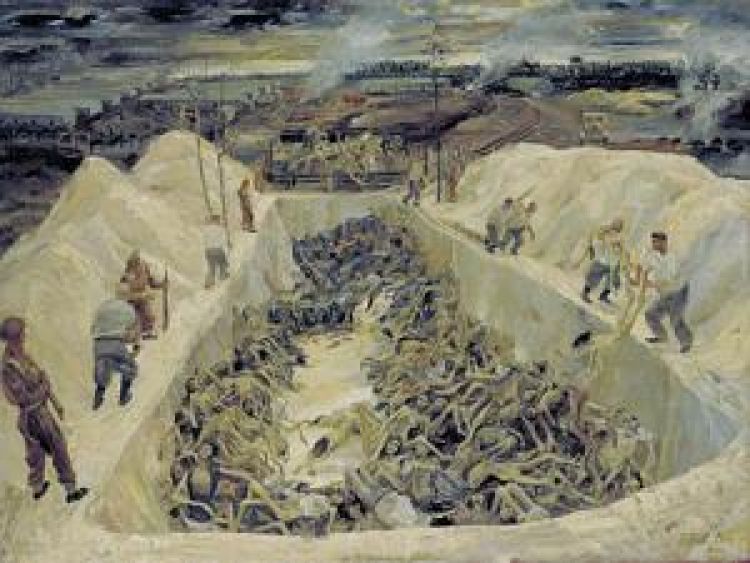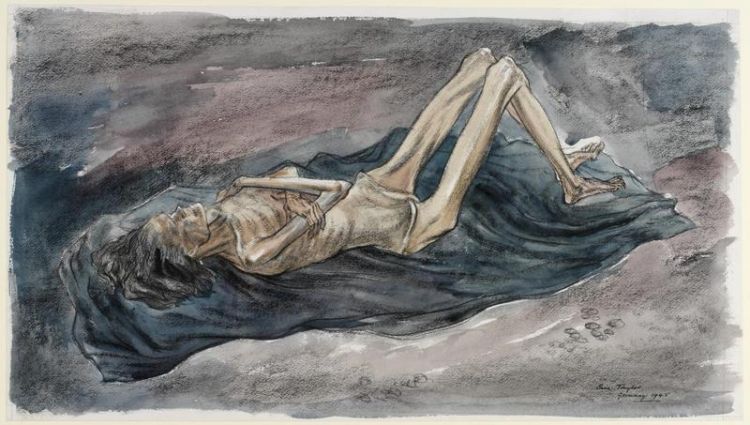Holocaust Memorial Day: A Powerful Reminder Of The Need For Tolerance
As the world’s Jewish community marks Holocaust Memorial Day, more young Jewish people of German descent seem to be settling in the country.
At the same time, one survivor of the Belsen concentration camp now believes that modern Germany is far more welcoming to refugees than Britain.
Historian Stephanie Billib works at what is now the Bergen- Belsen memorial park. Like all modern Germans – her education has included compulsory lessons about the Nazi genocide:
“The holocaust is part of the curriculum. School classes very often decide to come here to Bergen-Belsen... to learn about... the concentration camp”.
When the British liberated Belsen in 1945, they found 60,000 people, many near death, in a hugely overcrowded camp with little sanitation, food, or water. Starvation and disease were rife, and thousands of emaciated corpses had to be placed in mass graves.
More than seventy years later, Belsen remains western Europe’s largest Jewish cemetery.
More: 'Nazi Concentration Camp Bergen Belsen Liberated 70 Years Ago'
Rudi Oppenheimer, who survived through 14 months of hunger at Belsen as a child, often visits Germany himself, and says it's great that Germany welcomes people from outside the country.
British soldiers in Germany are among the many to hear Rudi Oppenheimer’s story.
But he says losing much of a family at Belsen means his country of birth can never be home again:
“I don’t hate the Germans any more nowadays. The only thing which I can’t do is forgive them. I feel it’s up to my parents, who never said goodbye to me because they didn’t want to upset me. My dad didn’t say anything when I stole a bit of extra food in the camp because I thought he didn’t see it, but now that I’m older I (know he must have seen) it... but I tell myself he was wise enough not to say anything because that was the only way his two sons would survive the camp”.
The eighty-five-year-old now lives in Britain, a place he says that once welcomed refugees.
But attitudes have changed, he says, and now it’s extraordinary to hear a holocaust survivor condemn the British and praise the Germans:
“I just hope that the world will be a better place in the future – a bit more tolerant. I mean Germany (is) very tolerant, especially now with the refugees and everything, but a lot of countries like Britain (are) not. Most of them are not. That (is something) we still have to learn, I think”.
Germany is still acutely conscious of its Nazi past. It’s why efforts to educate the young about the concentration camps remain undiminished.











